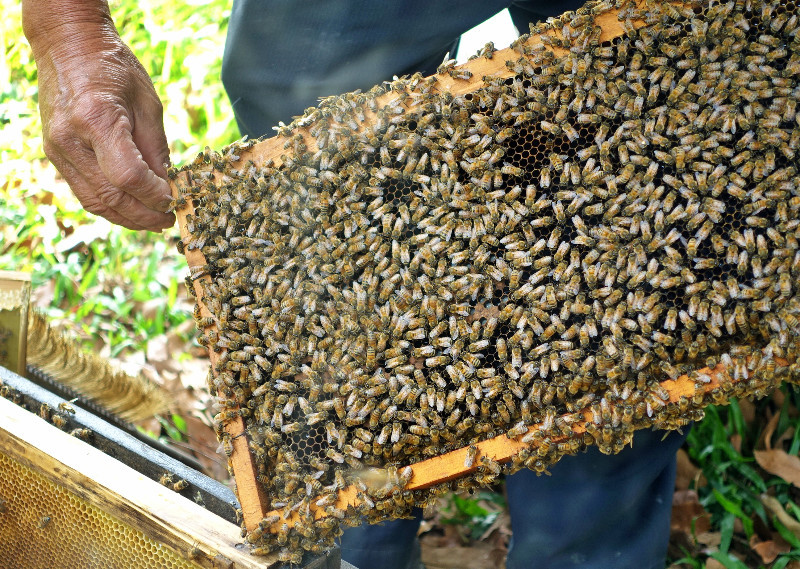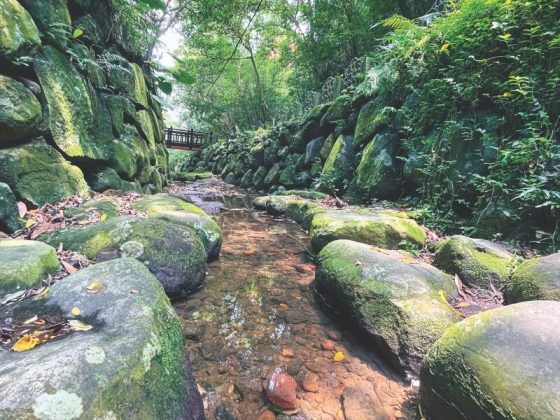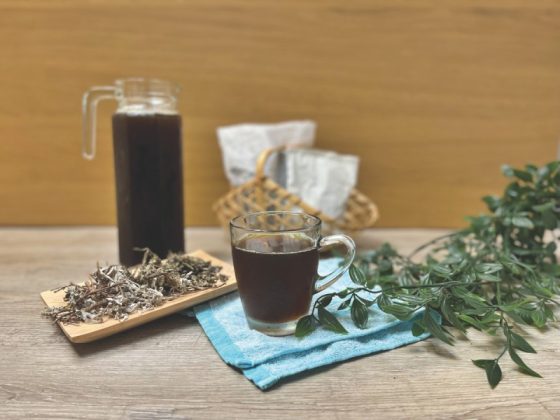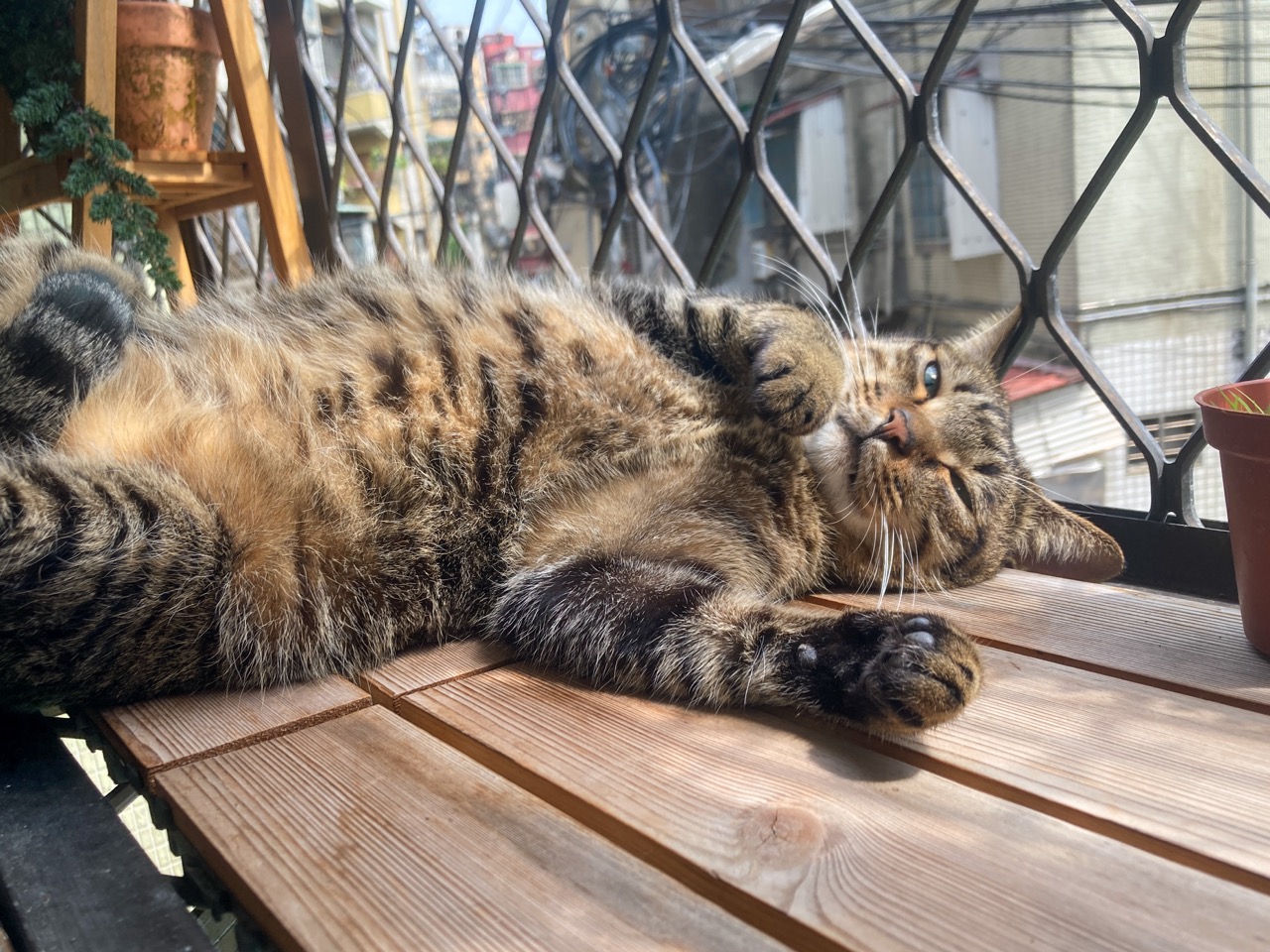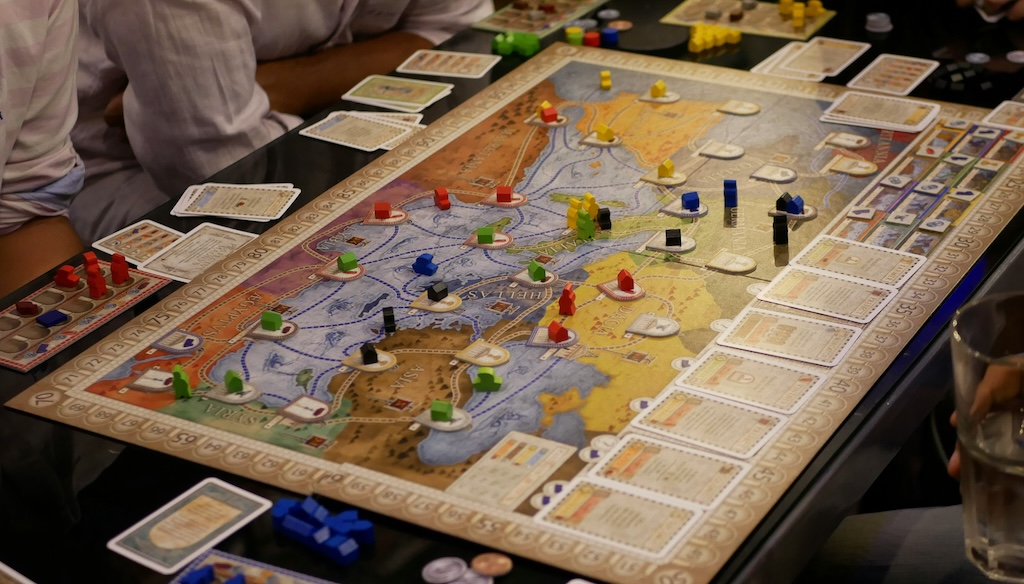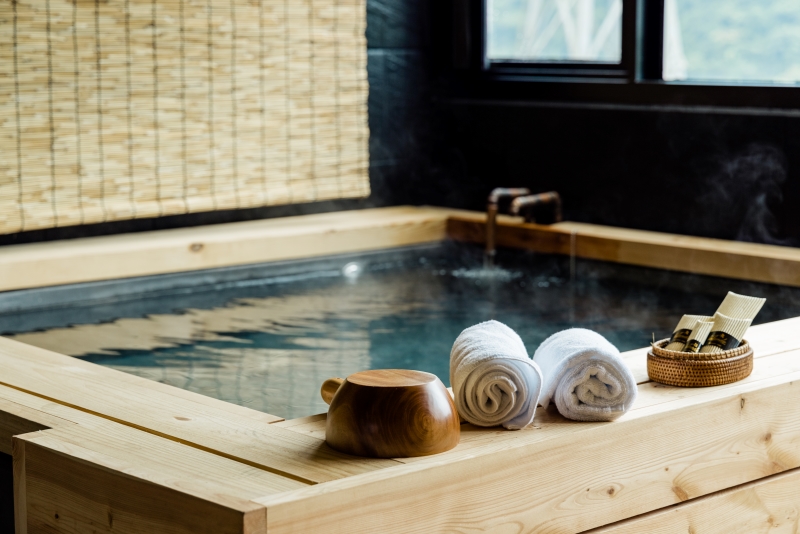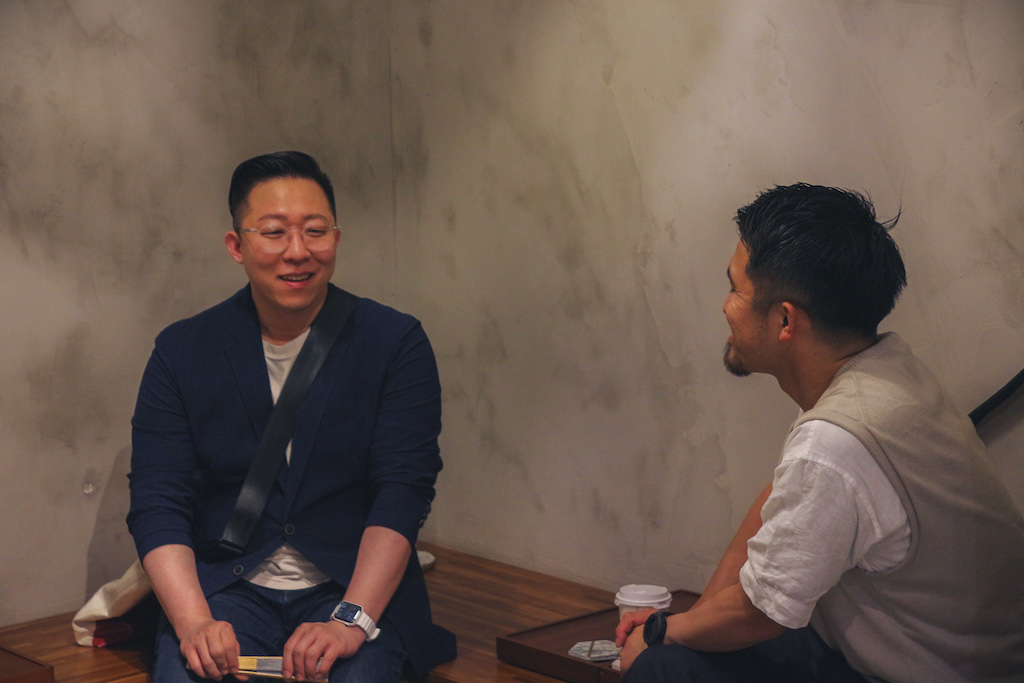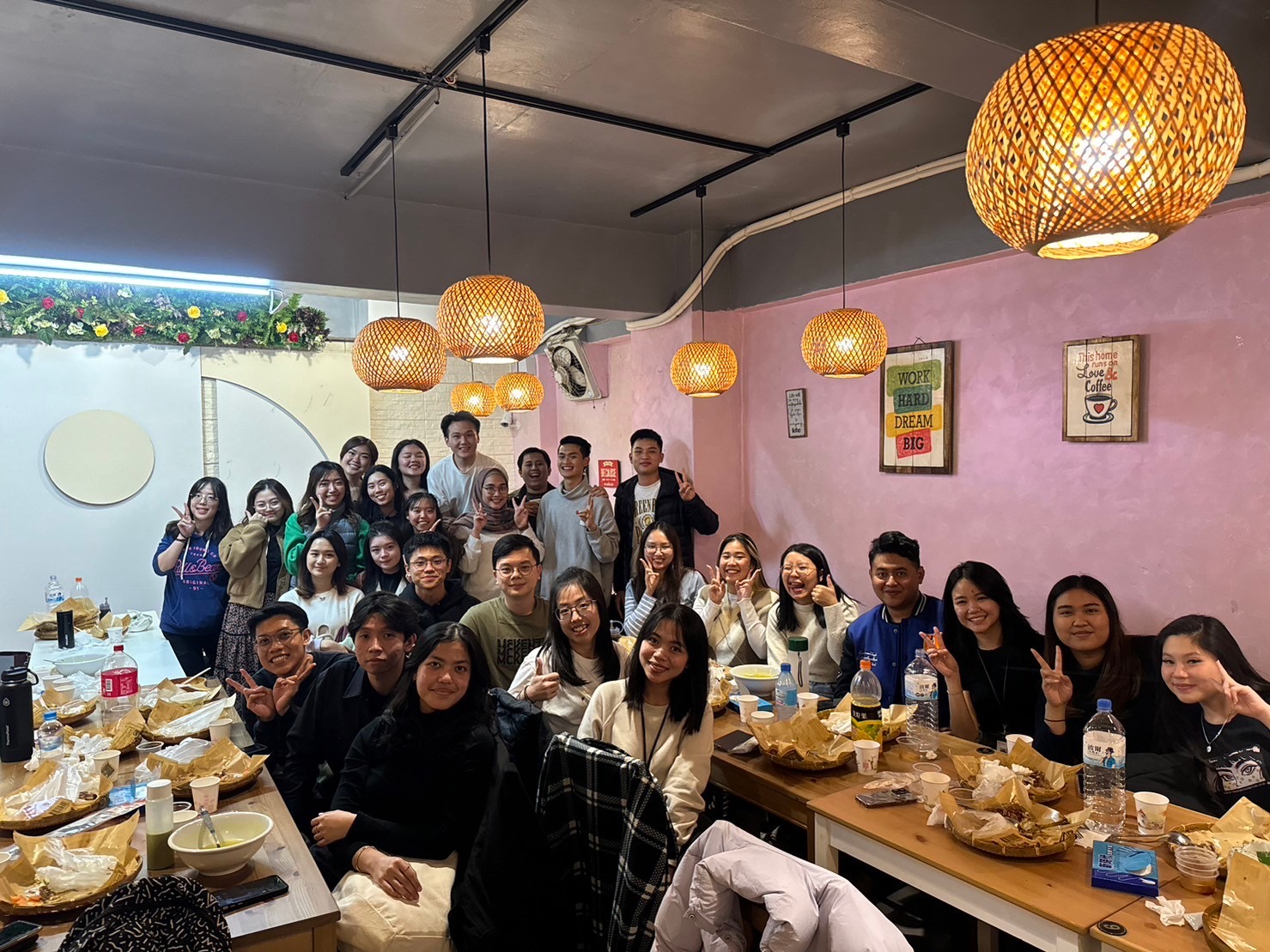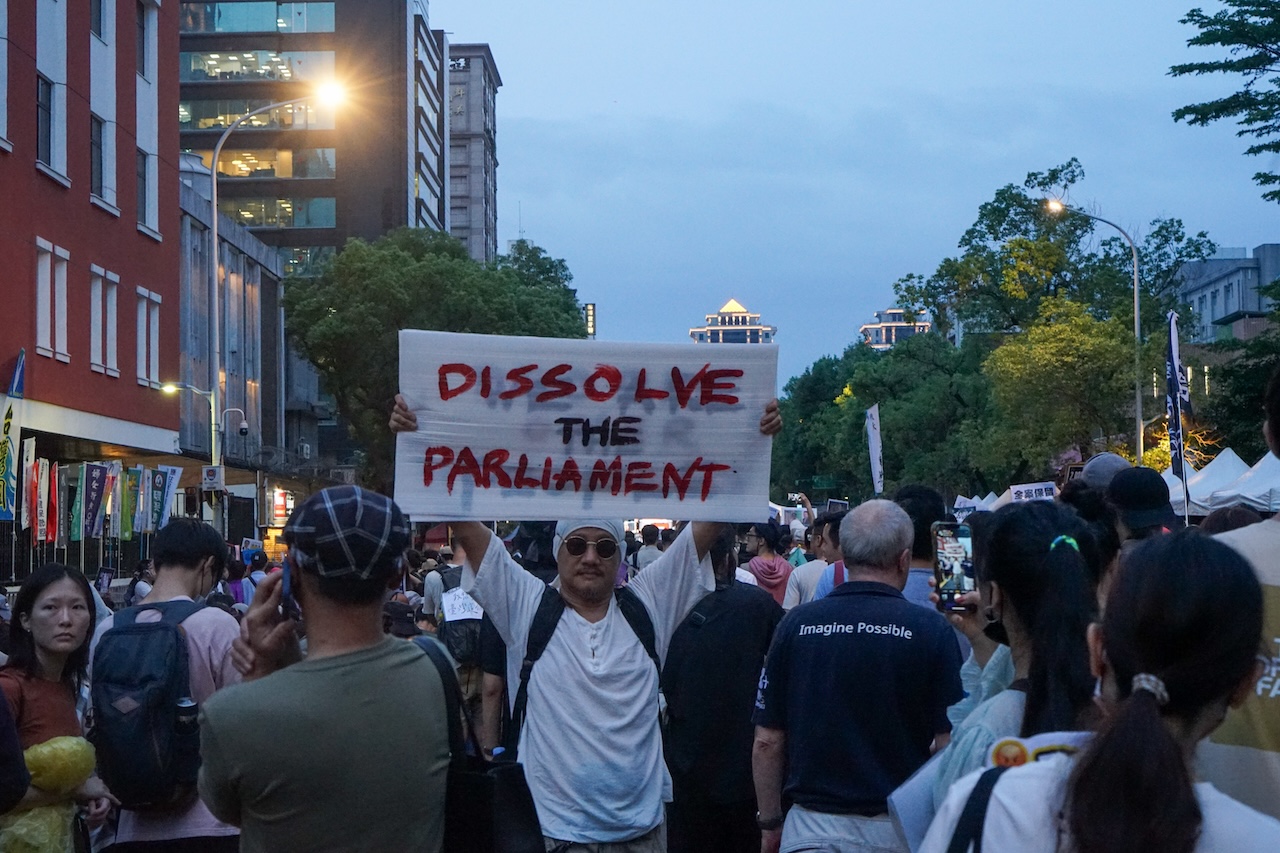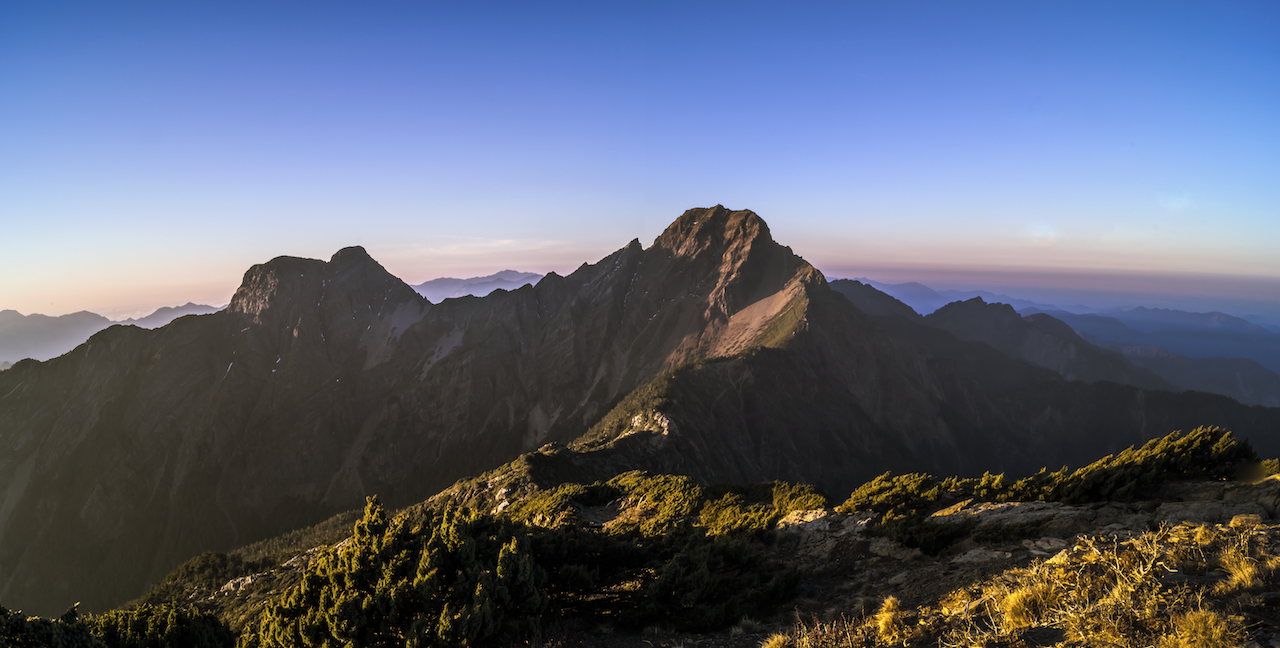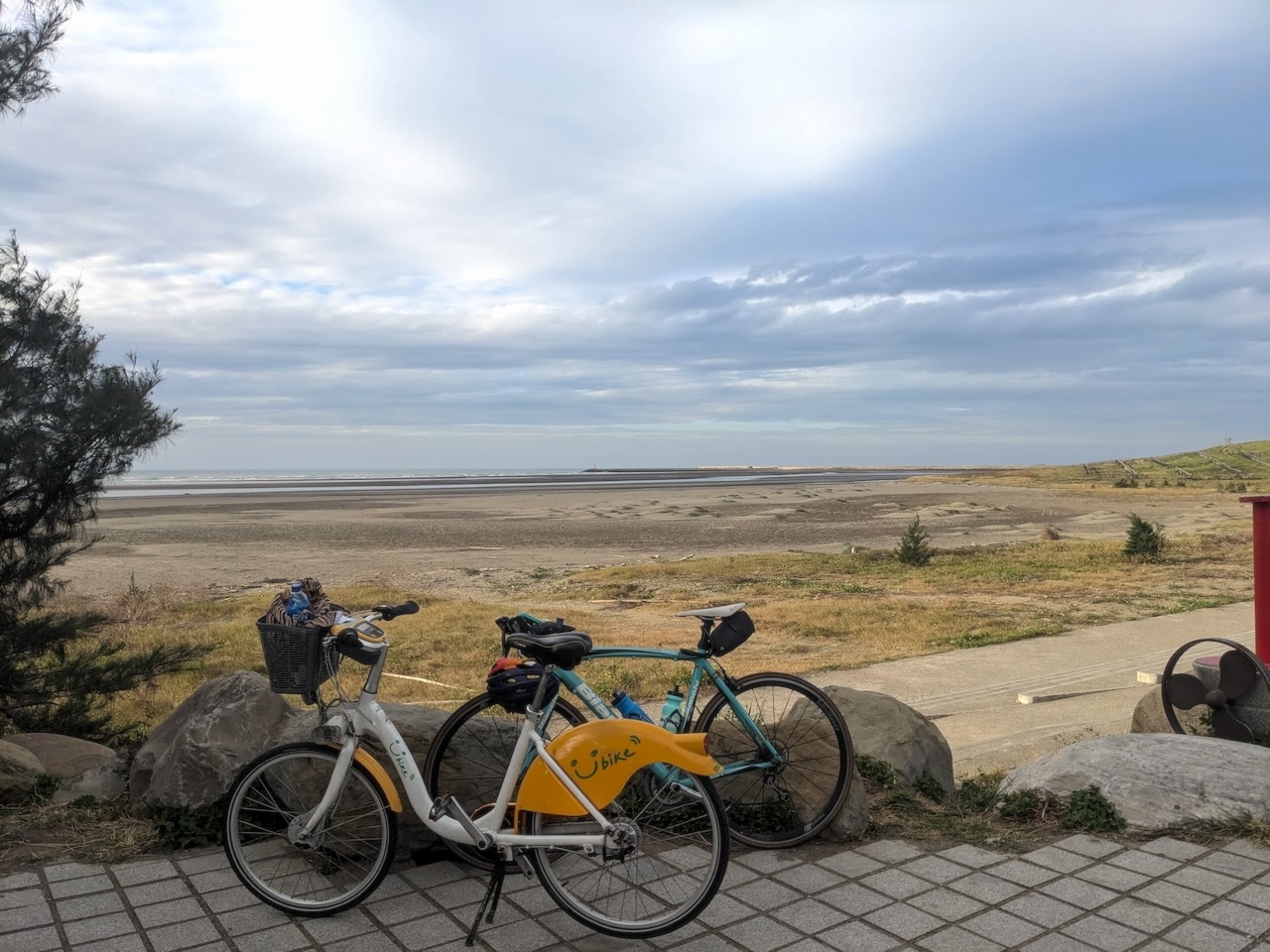The term “colony collapse disorder” first appeared in 2006 to describe the sudden disappearance or death of large numbers of worker bees in hives. The phenomenon has since spread around the world, causing great alarm everywhere, with Taiwan being no exception. But how is the disappearance of bees connected to our own lives?
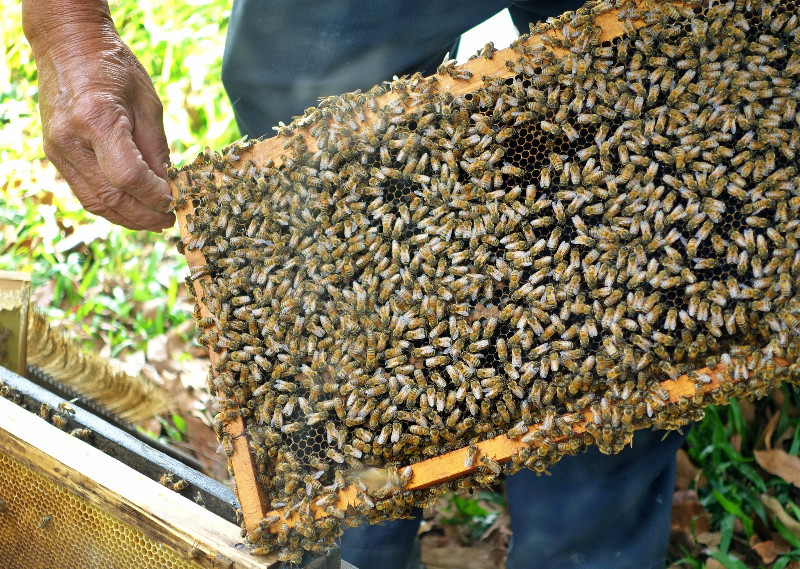
Without bees, not only would we not have any honey to eat, we would also not have any crops at all. According to statistics, up to one-third of the world’s crops depend on bees for pollination. Without these key pollinators, crop yields would be reduced, and livestock, who feed on grasses, would face food shortages, making a global food crisis a reality. Luckily, Fairy Lake Leisure Farm (仙湖休閒農場) in Tainan is here to help.
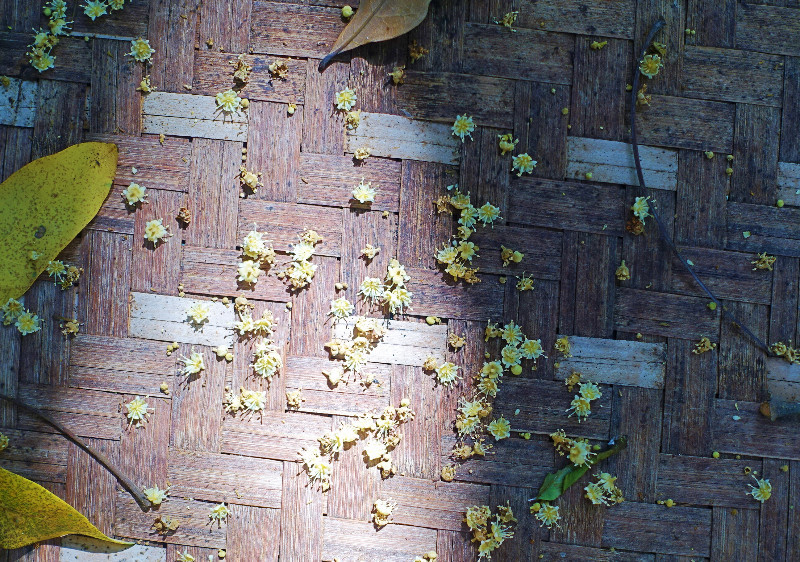
Fairy Lake Leisure Farm: Home of the Bees in Tainan
Located on a mountaintop in Tainan’s Dongshan District, Fairy Lake Leisure Farm is a longan farm with a century of experience. In recent years, the people who run the farm have taken on an additional identity as beekeepers.
In the springtime, when longan flowers were in full bloom, we follow the sixth-generation owner of the farm, Wu Kan-Chiang (吳侃薔), to understand the life and fate of bees. “A worker bee weighs about 80 milligrams. On every trip they make to collect pollen, they carry about 40 to 70 milligrams, so they’re carrying a load that weighs almost as much as themselves. That’s hard work, isn’t it?” Wu explains vividly.
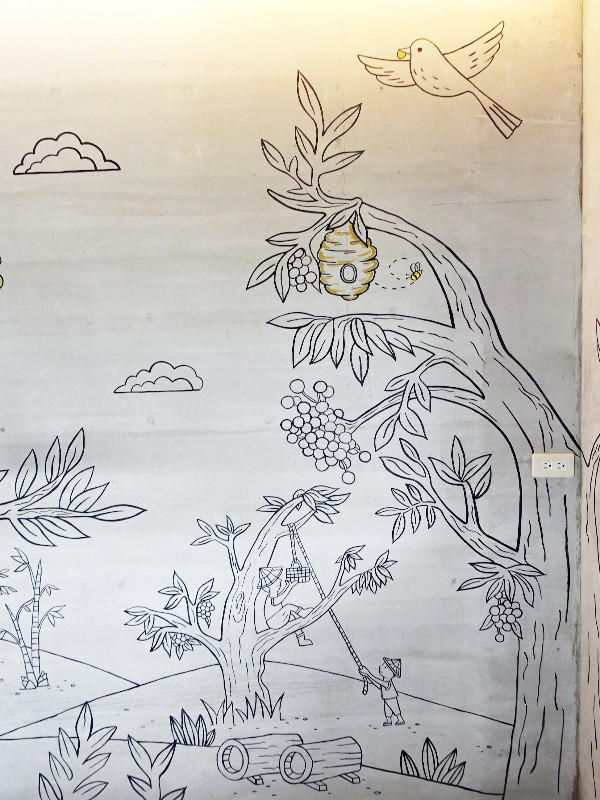
To the bees, honey is like army rations; it’s the food they produce to feed their colony after they return home from collecting pollen. Beekeepers who strive to have a single source of nectar often plunder the bees’ rations about once every three days to produce an amount of honey that allows them to make a profit from the limited flowering period. The sweetness we taste in our mouths is actually the culmination of the lifelong struggles of these tiny creatures.
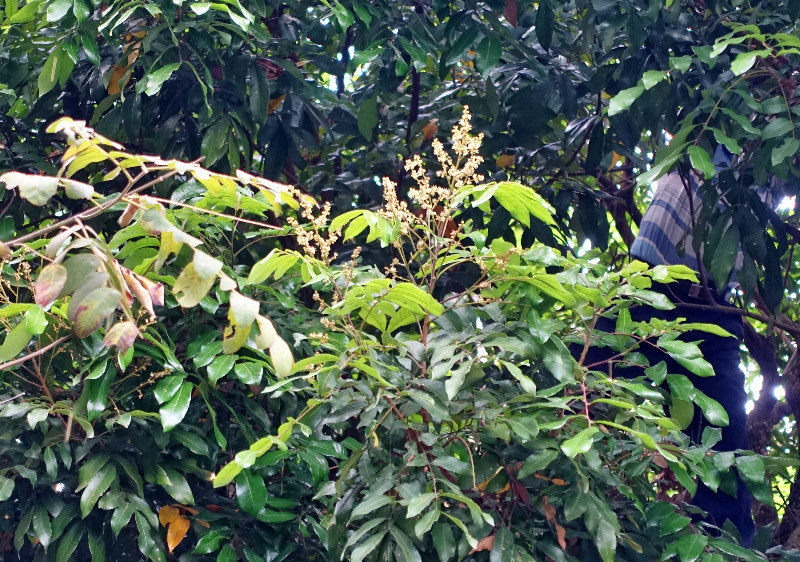
Wu Kan-Chiang’s father, Wu Sen-Fu (吳森富), is a fifth-generation farmer who has been raising bees his entire life. Wu Sen-Fu opens the beehives to show us the bedrooms of the bee pupae, how royal jelly is produced, and the mansion-like home that worker bees built; he then pulls out the artificial queen cells used to raise the larvae and explains to us, “In order to raise the queen bee, the worker bees will keep secreting fresh royal jelly so that the queen larvae can get enough nutrients. Then beekeepers take out the royal jelly from the queen cells by hand.” Upon seeing the bees up close, it really hits us that bees are not the nasty insects that only sting people as they are often imagined; rather, they are small, hard-working living beings like you and me.
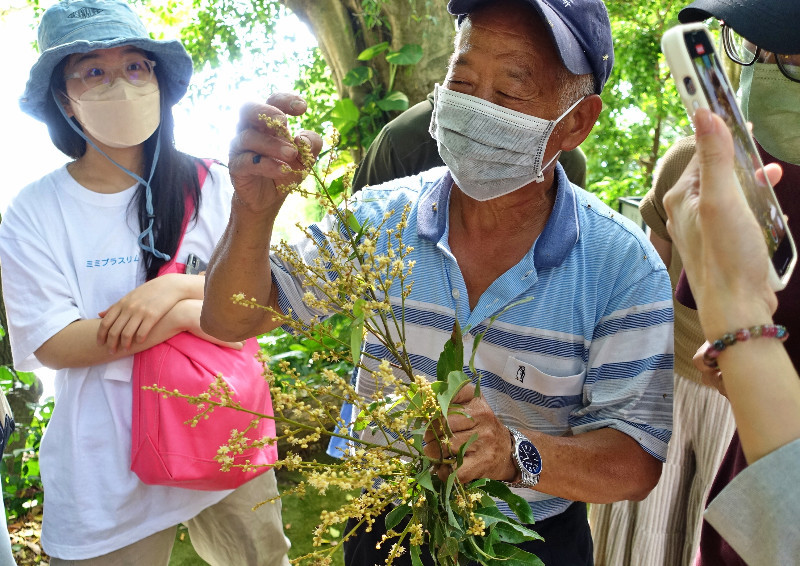
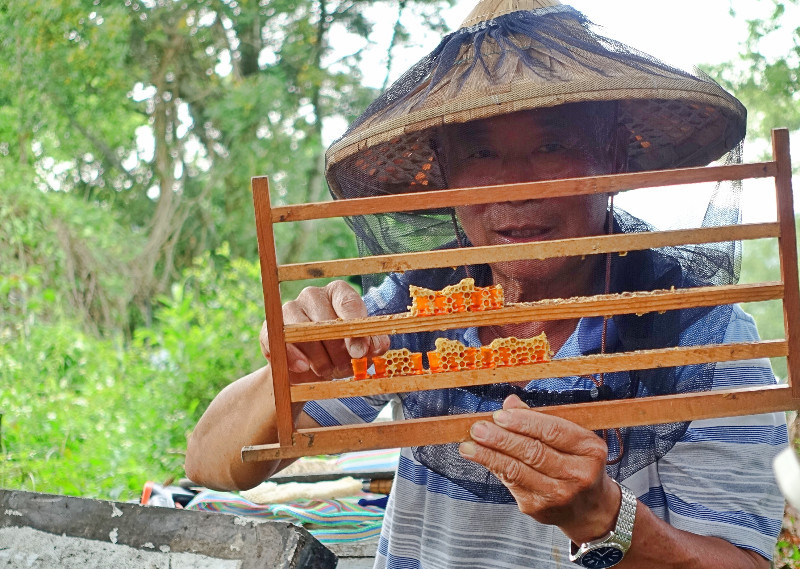
Understanding Honey: A Hard-to-Get Delicacy
With a heart full of gratitude for the bees, Wu Kan-Chiang takes us on a honey tasting experience. Just like a wine tasting session, there are ten or so types of honey lined up for us to try, including wasp honey, multifloral honey, pineapple honey, avocado honey, and winter honey. The variety of flavors is unimaginable for most people. The kind of honey that bees produce depends on the flowers they harvest from, and the longan flowers that are grown at Fairy Lake Leisure Farm produce what beekeepers call the “king of honey”—longan honey.
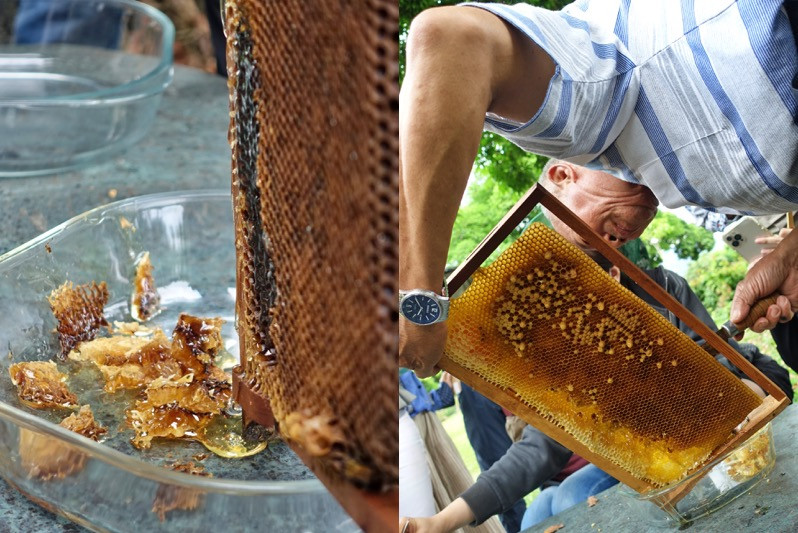
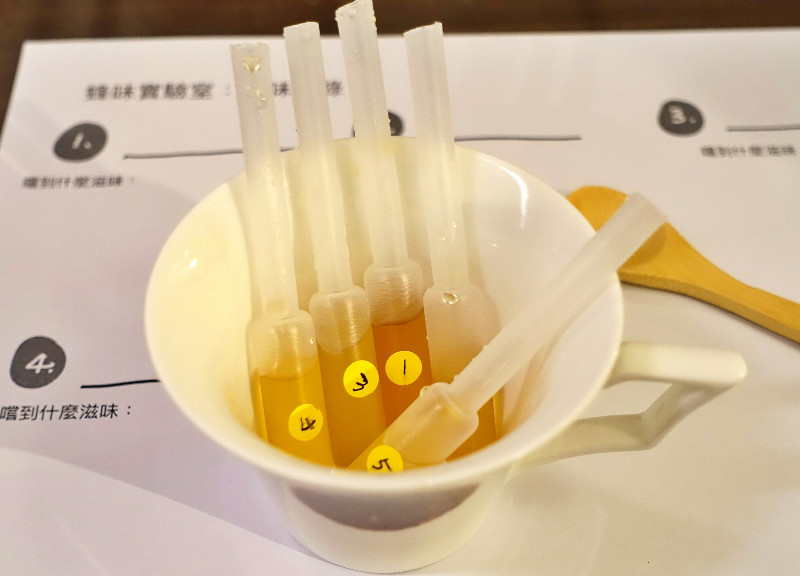
April is the season of longan blossoms. When bees start to collect honey, it marks the beginning of the busy season for beekeepers. The scent of honey drifting in the air is as if someone threw powdered sugar into the sky. “Even the wind smells sweet when it blows, so sweet that you feel you can make a ball of cotton candy just by running with a stick,” Wu Kan-Chiang describes with a striking analogy.
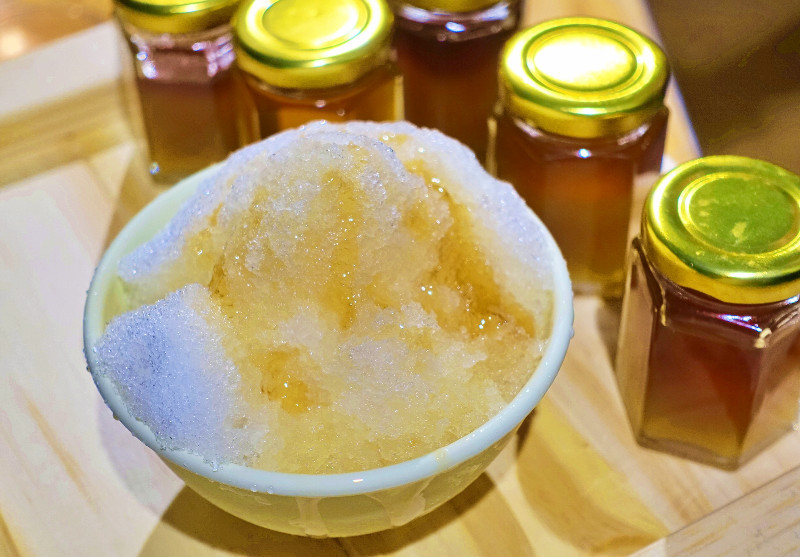
In recent years, the promotion of honey in Taiwan has expanded beyond simply eating honey. We often see beekeepers from farms like Fairy Lake who are happy to bring out their beehives and share the value of having bees in the ecosystem with the general public. They do so in the hope that people will learn more about honey, not just for being able to tell real honey from adulterated honey, but also for discussing the floral source and the terroir reflected in the honey’s flavor.
“We didn’t plant these longan trees; they were given to us by nature. We don’t look after these longan trees; we share them with other living creatures,” says Wu Kan-Chiang. It is the collective mission of the people of today to coexist with nature and bring back the bees. To bee or not to bee, that should not be the question!
Words by Julian Huang
Photos by Julian Huang

